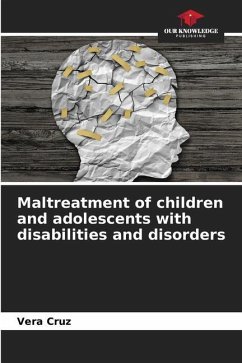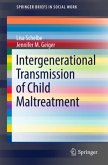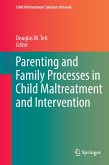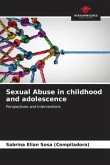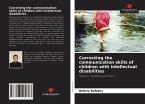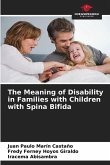The scientific interest in the issue of child maltreatment emerged with the publication of the article "The battered-child syndrome" by Keupe in 1962. Currently, there has been a high and growing social visibility of child maltreatment, which has led to numerous studies being conducted in the most diverse and multidisciplinary areas. In Portugal, as far as we know, despite the growing interest in this area, the studies focus mainly on the particular aspects of etiology, impact, individual, social and political/legislative factors, in relation to children and young people without associated problems. At international level, there are already studies that show the correlation between maltreatment and disability. In this sense, we have tried to verify the Portuguese reality with this research, through a prevalence study. We tried to understand whether disability and/or developmental disorders of the child/adolescent would be a cause of maltreatment, or in turn, a consequence of maltreatment.

